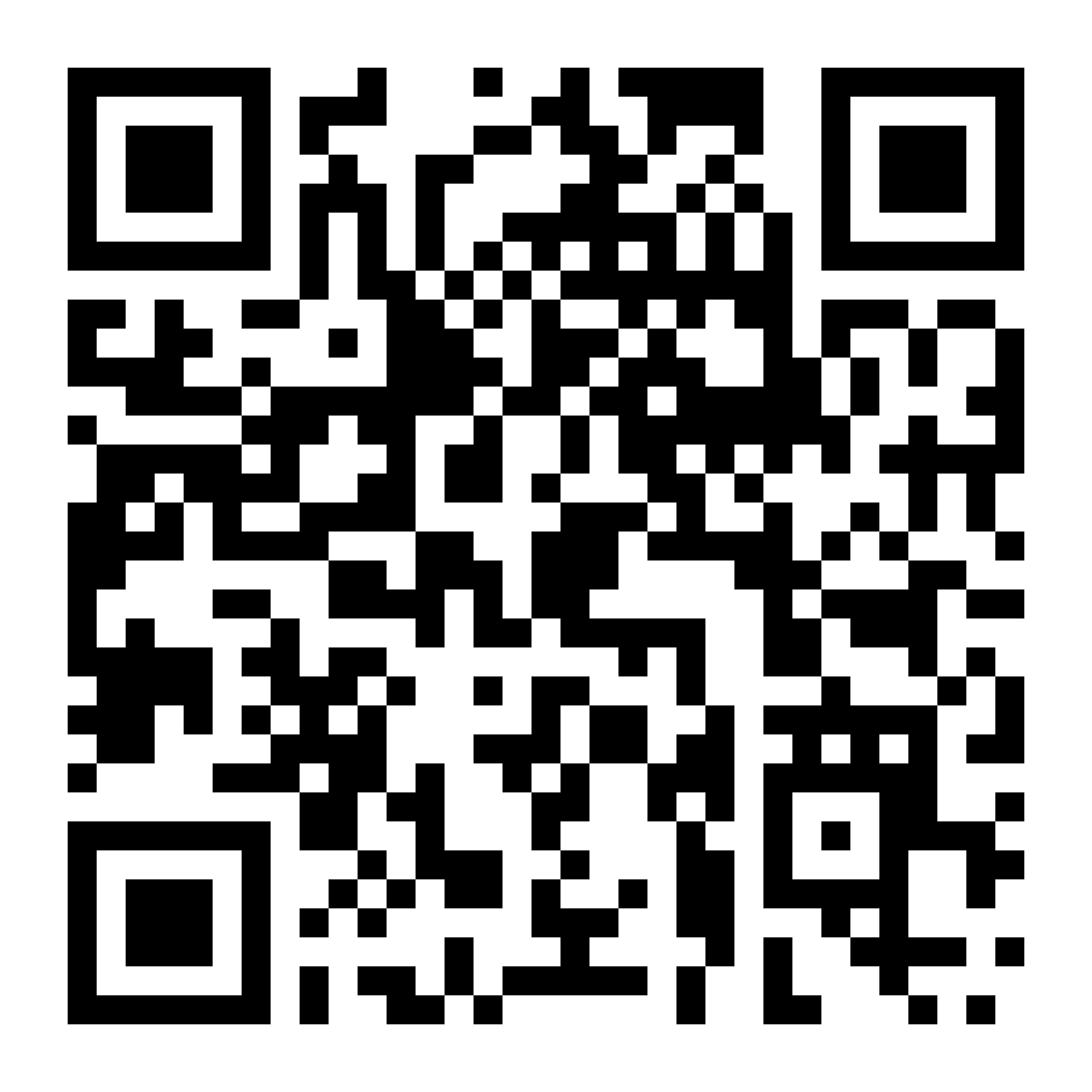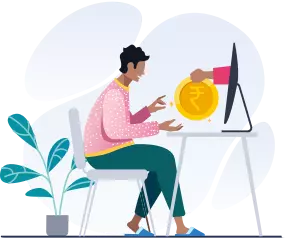Paisabazaar app Today!
Get instant access to loans, credit cards, and financial tools — all in one place
Our Advisors are available 7 days a week, 9:30 am - 6:30 pm to assist you with the best offers or help resolve any queries.
 Get the App
Get the App

Get instant access to loans, credit cards, and financial tools — all in one place

Scan to download on


A loan is a transaction where an individual or organization or borrows money from another individual or organization on certain terms and conditions. The underlying principle is that the borrower will repay the loan amount to the lender within a mutually agreed time frame. The borrower also must pay the interest on the principal along with any other financial charges. If the loan amount is high, the lender can ask for collateral to support the transaction.
The following are different types of loans:
There is a lot of categories that you can split loans into. The following are some of the types of bank loans.
There are a variety of loans on offer by various lenders and banks. It might sound pretty lucrative and attractive, but do keep in mind to repay the amounts on time. Failing to do so would result in unnecessary fine and charges, which will again increase the overall cost of the loan.